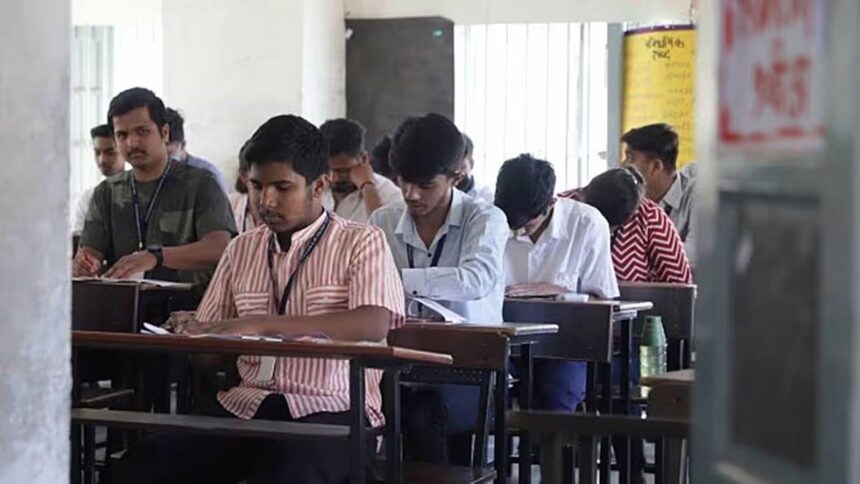In a significant move to curb malpractice in postgraduate medical admissions, the Supreme Court has directed all private and deemed universities to disclose fees prior to NEET-PG counselling. This decision comes amid rising concerns over the widespread practice of seat blocking, which the apex court said undermines merit and transparency.
A bench comprising Justices J B Pardiwala and R Mahadevan, in an order dated April 29, strongly criticised the practice, highlighting its detrimental impact on the fairness of the admissions process. “Seat blocking is not merely an isolated wrongdoing – it reflects deeper systemic flaws rooted in fragmented governance, lack of transparency, and weak policy enforcement,” the bench observed.
The court stated that while regulators have attempted to introduce technical safeguards and penalties, key issues like synchronisation of counselling, real-time seat visibility, and uniform enforcement remain largely unresolved. “Although regulatory bodies have introduced disincentives and technical controls, the core challenges of synchronisation, real-time visibility, and uniform enforcement remain largely unaddressed,” the order noted.
Stressing the need for structural reform, the bench added, “Achieving a truly fair and efficient system will require more than policy tweaks; it demands structural coordination, technological modernisation, and robust regulatory accountability at both state and Central levels.”
To address these challenges, the Supreme Court ordered the implementation of a nationally synchronised counselling calendar. This measure aims to align All India Quota and state counselling rounds to curb seat blocking and ensure a level playing field for all candidates.
The court also added, “Mandate pre-counselling fee disclosure by all private/deemed universities, detailing tuition, hostel, caution deposit, and miscellaneous charges. Establish a centralised fee regulation framework under the National Medical Commission.”
In a further effort to tighten the process, the bench called for stringent penalties against seat blocking. “Enforce strict penalties for seat blocking including forfeiture of security deposit, disqualification from future NEET-PG exams and blacklisting complicit colleges,” it said.
Additionally, the court permitted the introduction of upgrade windows after the second counselling round. This would allow admitted candidates to shift to better seats without reopening the process to new entrants. For increased transparency, the court also directed authorities to “Publish raw scores, answer keys and normalisation formulae for transparency in multi-shift NEET-PG exams.”
The ruling was issued in response to a petition by the Uttar Pradesh government and the Director General of Medical Education & Training, . They had challenged a 2018 order from the Allahabad High Court, which had directed compensation for two NEET-PG candidates and action against seat blocking.








